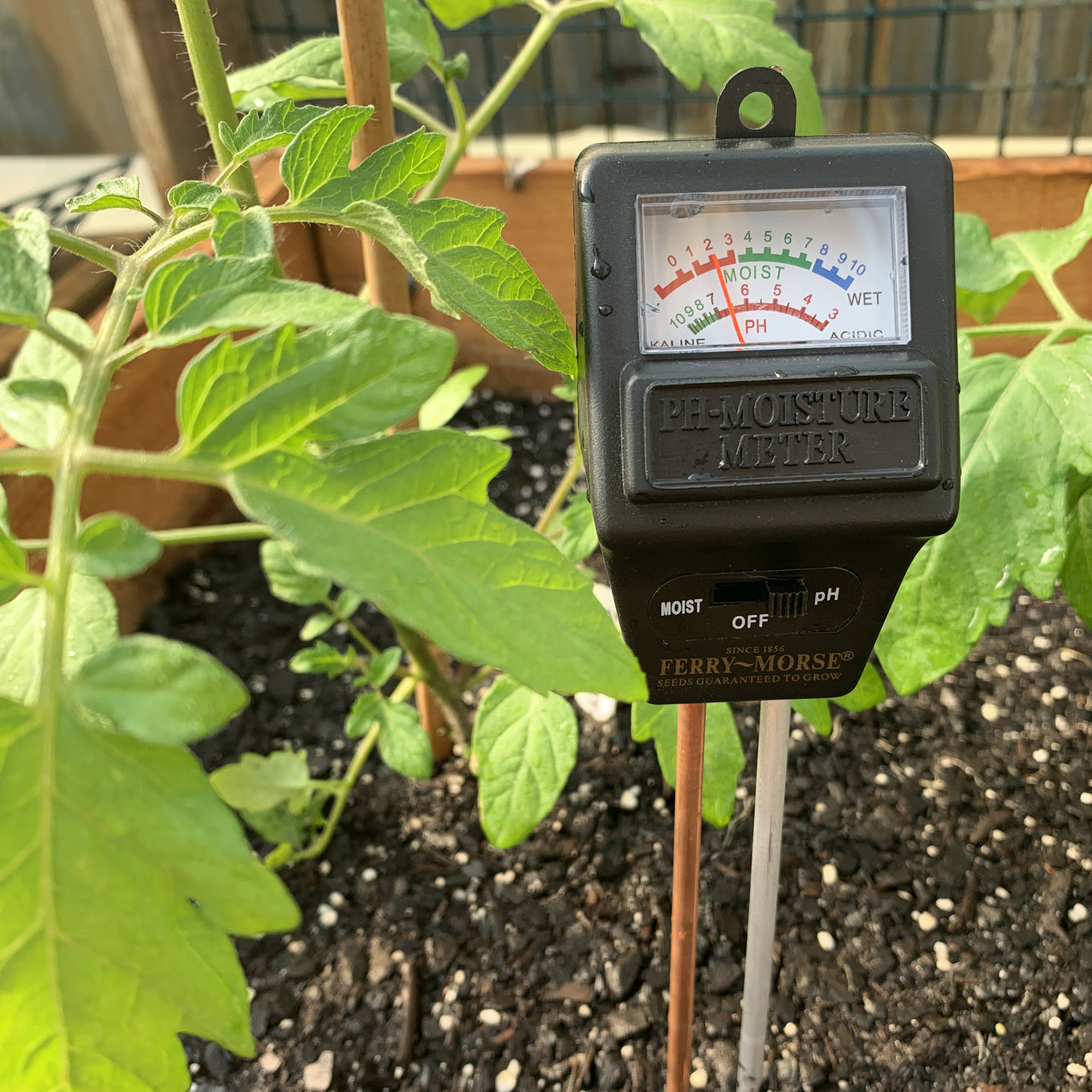How to Use a Moisture Meter to Spot Covert Water Damage in Your Residential property
How to Use a Moisture Meter to Spot Covert Water Damage in Your Residential property
Blog Article
The Ultimate Overview to Moisture Meters: A Comprehensive Review and Just How They Can Conserve You Cash
In the world of building maintenance, construction, and numerous industries, the relevance of precisely determining moisture levels can not be overemphasized. Moisture meters function as vital devices in finding and keeping an eye on moisture web content in products, assisting in avoiding expensive problems and making certain the top quality of items. Recognizing the nuances of different kinds of dampness meters, their applications, and the prospective cost-saving benefits they supply can be a game-changer for professionals and businesses alike. Uncovering how these devices can not just enhance processes but likewise contribute to monetary savings is a journey worth getting started on.
Kinds of Moisture Meters
One common type is the pin-type wetness meter, which gauges the electric resistance between two pins put into a product. Pinless dampness meters, on the various other hand, usage electro-magnetic sensor plates to scan a larger area without creating damage to the product's surface.
Infrared moisture meters determine the thermal properties of a product to establish its wetness material non-invasively, making them useful for applications where pin or pinless meters may not be appropriate. Comprehending the different kinds of dampness meters offered can help sectors pick the most suitable tool for their details dampness measurement requirements.

Benefits of Making Use Of Moisture Meters

Moreover, making use of wetness meters can lead to boosted energy performance. In farming setups, dampness meters play a crucial role in maximizing plant yields by enabling farmers to monitor dirt dampness levels and make informed irrigation choices.
Just How to Select the Right Moisture Meter
Choosing the appropriate dampness meter includes considering key factors such as product compatibility, measurement range, and calibration precision. When selecting a moisture meter, it's important to make certain that the meter appropriates for the particular product you will certainly be testing. Various materials have varying electrical buildings that can impact moisture analyses, so selecting a meter created for your material is crucial for precise results. Furthermore, consider the dimension variety of the moisture meter. Ensure that the meter can identify moisture degrees within the range needed for your applications. Calibration precision is another important factor to bear in mind (Moisture Meter). Select a wetness meter with dependable calibration to ensure exact and consistent readings. Some meters may need periodic calibration modifications, so recognizing the calibration process is necessary. By thoroughly assessing these factors, you can select a dampness meter that meets your needs and supplies precise dampness measurements for your projects.
Appropriate Strategies for Moisture Meter Use
To ensure exact wetness analyses and make the most of the performance of a wetness meter, employing correct methods is important. When using a pin-type wetness meter, insert the pins or probes right into the material being checked until they make complete call. By complying with these proper methods, users can depend on their dampness meter to offer trustworthy dampness levels, helping in preventing read review expensive damages or guaranteeing top quality in different applications.

Expense Cost Savings Via Moisture Meter Applications
Exactly how can the strategic use of moisture meters cause substantial expense financial savings across numerous industries? Wetness meters play an essential function in price savings by stopping potential damage and making certain quality assurance in various fields. In the agriculture market, dampness meters help in establishing the ideal time for harvesting plants, stopping excess or over-drying dampness that can influence the end product's top quality. This specific monitoring helps farmers prevent unneeded losses and optimize their return.

Additionally, in the food processing industry, moisture meters are vital for keeping an eye on item high quality and making sure compliance with security policies. By properly measuring moisture content in foodstuff, manufacturers can prevent spoilage, keep quality, and decrease waste, resulting in significant cost financial savings. On the whole, the critical application of wetness meters is a useful financial investment that can result in substantial price decreases and improved performance across various markets.
Verdict
To conclude, dampness meters are beneficial tools for discovering and measuring wetness degrees in different materials. By making use of the best moisture meter and adhering to appropriate methods, individuals can successfully avoid pricey damages created by excess wetness. Spending in a quality dampness meter can result in substantial cost financial savings in the future by recognizing prospective concerns at an early stage and making it possible for timely view it now removal. Eventually, dampness meters are important tools for maintaining the stability and long life of materials and frameworks.
Dampness meters offer as vital devices in spotting and checking moisture content in materials, aiding in stopping expensive address problems and making certain the quality of items. Infrared dampness meters gauge the thermal buildings of a material to determine its moisture content non-invasively, making them helpful for applications where pin or pinless meters might not be ideal.Wetness meters offer invaluable advantages in precisely examining and checking dampness degrees in varied products and atmospheres. In agricultural settings, moisture meters play an important function in optimizing crop yields by enabling farmers to check dirt wetness levels and make informed irrigation choices.In verdict, dampness meters are beneficial devices for discovering and determining dampness levels in various materials.
Report this page